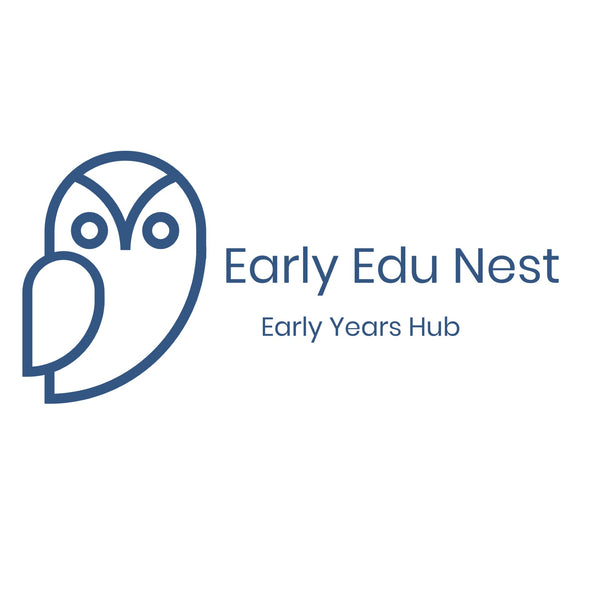With the government's recent obsession with phonics and the importance of 'fidelity' to systematic synthetic phonics schemes, I have thought a lot about my own views on phonics as a way forward for reading.
As an Early Years teacher myself, I teach phonics daily, and I DO believe it is an incredibly important part of early years education.
That said, I have been to several training courses that have claimed that ‘phonics teaches children to read’. Now although I don’t completely disagree with this statement, I think it needs to be qualified more. I would argue that phonics teaches children to ‘decode’ therefore giving them the tools to be able to read but reading is so much more than decoding.
As a mother of two neurodiverse children that have been taught phonics via one of the most popular phonics schemes in schools at the moment, I have had a lot of problems with the heavy reliance on phonics to teach reading. My eldest daughter passed her Year 1 phonics screening test with 40/40 and could decode every word put in front of her. However, if you asked her what she had just read, she struggled with even the basic comprehension questions. She was 'reading' the words, yes, but not understanding any context. She had very low inference and deduction skills, and was not engaged.
From the moment she became more independent in her learning, she was completely switched off reading. Now, at 15 years old, she still has a real dislike of reading and books in general and I put this down to how she was taught to read.
Synthetic phonics schemes are being rolled out in schools all across the country, and schools are being monitored, advised and inspected on their adherence to the 'fidelity' of the schemes. As a result, in my opinion, phonics has become really dry and is not tapping into the most dominant learning styles in children e.g kinaesthetic learners, who need lots of movement and practical activities.
Children can find phonics activities repetitive and boring, leading to disengagement.
The new synthetic phonics schemes have seen a return to a much more prescribed approach to teaching. 'fidelity' seems to be the new buzz word being thrown around in schools seeing Reception and KS1 teachers fretting about ensuring they are following the schemes to the letter. Schools have even had negative Ofsted reviews due to failing to strictly adhere to these phonics schemes.
This added pressure on schools has not only seen excellent teachers leaving the profession but has forced a moved away from the inclusive and varied style of teaching schools have been striving towards for decades.
Children have different learning styles and different learning needs. Teachers have different teaching styles. Why are we trying to fit everything into one box for all?
We need to allow teachers to assess the needs of their children and adapt their teaching styles, methods and activities accordingly.
Decodable phonics books for example, are really important. For some children, having books that only have the graphemes they have been taught gives them a sense of accomplishment, that they can read. But for some children, decodable phonics books are so uninspiring and lead to disengagement.
Phonics teachers need to be given more leeway in how they teach these sessions and there needs to be much more emphasis on the use of high quality texts.
High quality texts including picture books enthuse readers. PLEASE read them, share them, use them! They are wonderful!
Phonics and early reading - are we disengaging our children?

